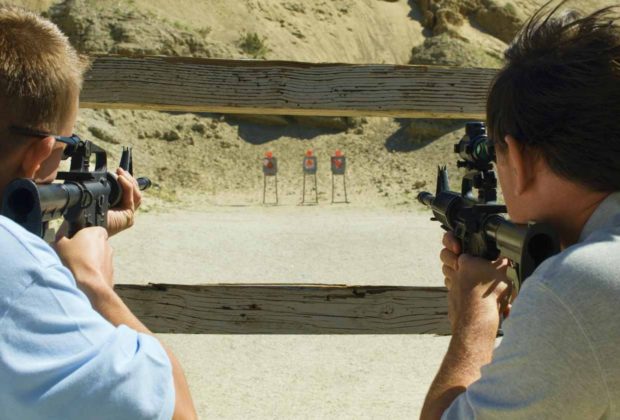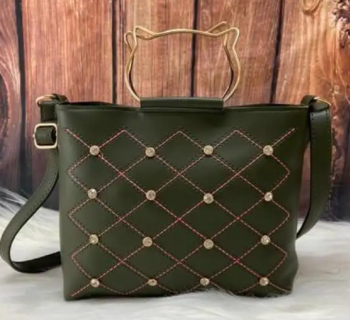Competition shooting is a fun pastime for many gun enthusiasts. Whether you're a long-time fan of Miculek or you are just discovering the world of shooting tournaments, competition shooting is a sport welcoming to a wide range of ages and experience levels - providing you always practice safety, of course. If you are just getting into shooting, all of the options and things you need to remember can seem overwhelming at first. There are many articles and videos that can give you a good idea of what you need to do to start seeing more success in competitions, but here are the three most basic and important things you should keep in mind.
-
Master the Fundamentals
All competition shooting is about the fundamentals. If you lack good fundamental skills, your times and scores will probably suffer as well. The fundamentals of shooting include your stance, aim, grip, breathing, and trigger control. In order to master these, you will need to spend a lot of time practicing at the range and even practicing at home through dry firing. It is also important that you ensure you are practicing these fundamentals correctly. If you practice a poor stance and grip, then you will have a poor stance and grip in competition too. On the other hand, the more good practice and experience you can get under your belt, the better you are likely to do.
-
Customize Your Tools
After obtaining a proficiency with your shooting fundamentals and experience, customizing your tools can help maximize your effectiveness and efficiency. For example, swapping a different grip on your Sig Sauer or installing Glock trigger upgrades may help a little in your grip and trigger control. The more comfortable and confident you are with your firearm and competition setup, the more smoothly you may be able to get through each course.
-
Practice and Experiment
You aren't going to know what works best for you unless you spend many hours practicing and experimenting with different parts. Doing plenty of research and watching videos of professional shooters during their competition runs can help you figure out how to streamline your movements and aiming. While a factory firearm with manufacturer parts can work well in competition, many pros customize their tool of choice. But what works for one shooter won't necessarily work well for another. The more you practice and experiment, the more familiar you will get with your firearm and your needs. With the right setup in hand and plenty of experience under your belt (as well as ongoing practice), you just might see yourself start climbing those shooting ranks.





















